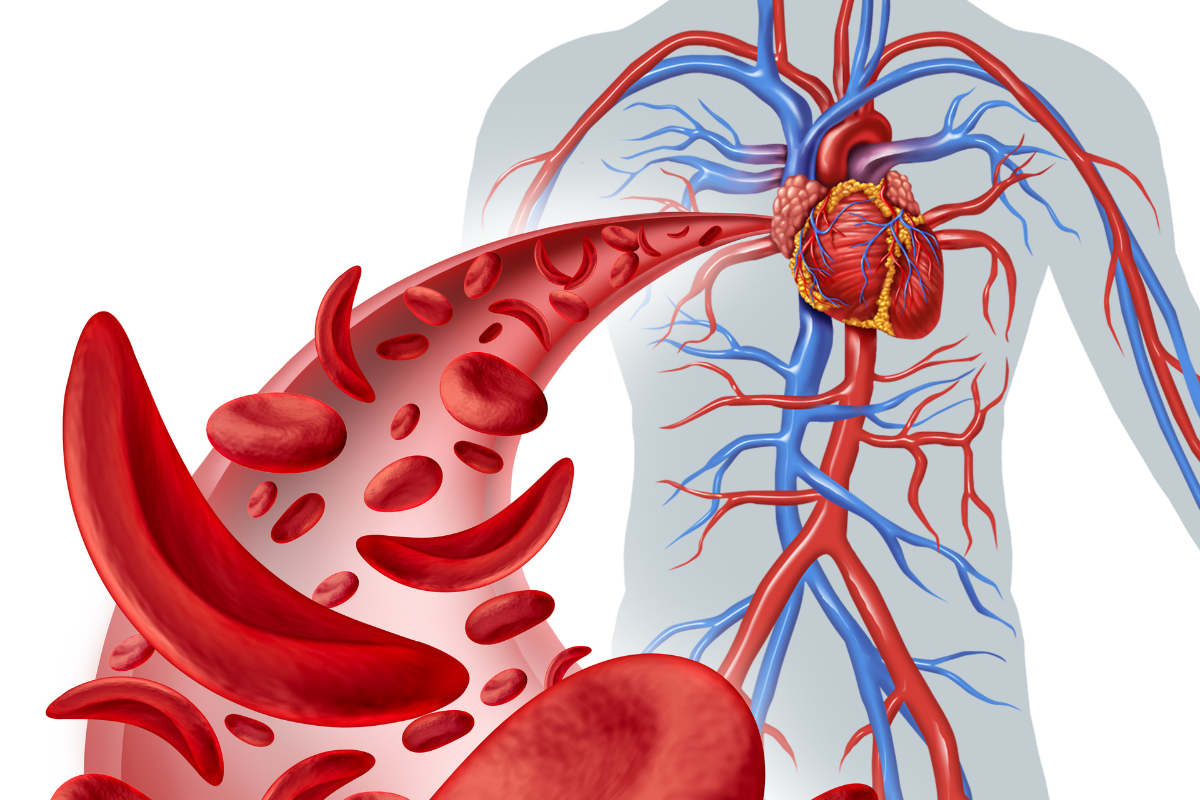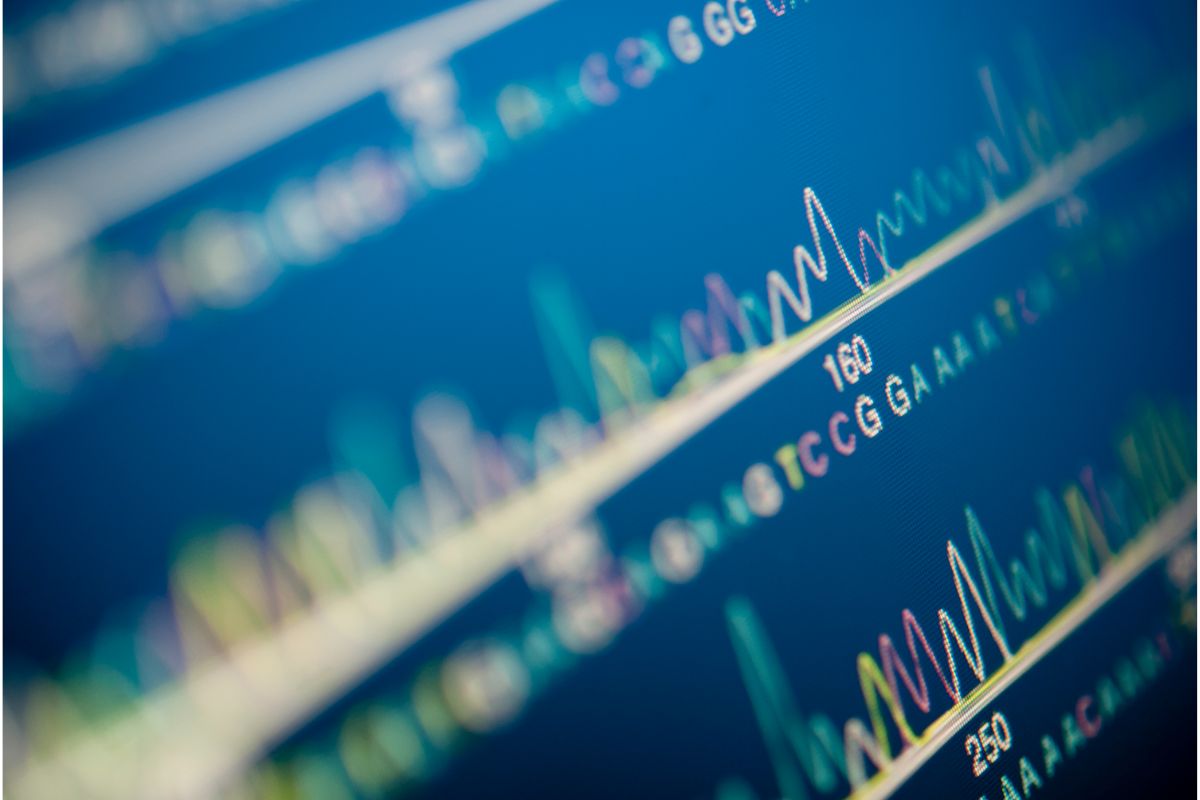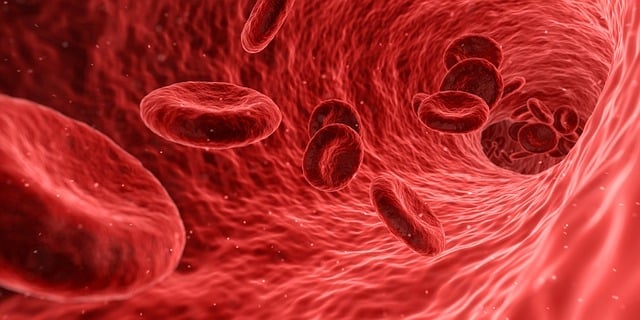Spotlight On: Lindsay Davies, Chief Scientific Officer of NextCell Pharma
.png)
As the Chief Scientific Officer for NextCell Pharma, a pioneering stromal cell therapy company, can you tell us about your role and what advancements have been made by the company?
I’ve been working with NextCell Pharma for the last four years, and I have been working in mesenchymal stromal cell therapy or MSC therapy for the last 22 years-I’ve really seen the industry develop over that time.
One of the reasons I joined the NextCell team was that their approach to MSC therapy aligned with what I saw was needed in the field. They work specifically with umbilical cord MSCs, which come from tissue that’s normally disposed so we don’t have any ethical issues with the product. Those cells originate from the baby, not from the mother, and are therefore very young in their biology and have a unique ability to modulate your immune system.
In terms of how the company works, we’re developing a cell therapy from these umbilical cord MSCs for the treatment of different inflammatory and autoimmune disorders, of which type 1 diabetes is our primary focus right now.
We have conducted Phase 1 and Phase Two clinical trials, which have shown that a single dose infused in your arm can give you up to three and a half years protection of your insulin production, and really slows the course of the disease.
We’ve now started clinical trials in the pediatric population, treating children as young as 7 and make a real difference in the type 1 community.
What makes Pro Trans, the off-the-shelf cell therapy product NextCell Pharma have developed, so unique in the ATMP space?
ProTrans is derived from umbilical cord MSCs. We grow the cells in culture, and when they are at a very low passage, we're able to pool them together from five separate donors. This allows us to produce a product that has a large batch size, but also low batch-to-batch variability. We can treat many patients with a single batch of product.
The cells themselves are cryopreserved, making this an off-the-shelf product. When we cryopreserve cells, they’re thawed at bedside, and don’t require any specific washing steps. So, we can literally produce the cells, freeze them, store them, and they’re there for the patient as soon as that patient needs them.
.png?width=488&height=325&name=MicrosoftTeams-image%20(7).png)
It’s amazing to hear that you’re able to meet patient demand so quickly with this product. In terms of looking forward, what are the company’s goals for the next year? How are the clinical trials going?
The Phase Two trial in adults has now been published at the end of 2023 in Diabetologia and was a featured article in the journal, which was very exciting for us as it showed this efficacious data.
We are now in Phase Two of our pediatric trial, so are looking forward to the first data set of that. We have a longitudinal follow-up study from our adult type 1 diabetes studies, and will receive the five-year follow-up data this year, which will allow us to really see how long-term this treatment is, and its true safety profile. All this data will be used to initiate a Phase Three clinical trial that will span both the pediatric and adult newly diagnosed population.
Our focus this year beyond our drug development portfolio is to get some partnerships and investment on board to push that Phase Three forward in 2025.
A big year ahead!
Definitely.
.png?width=512&height=341&name=MicrosoftTeams-image%20(10).png)
You’re very involved in the ATMP space, and you’re currently European Regional Secretary of the International Society of Cell and Gene Therapy. What kind of major trends and challenges in developing ATMPs have emerged from your conversations within the society?
Being part of the ISCT community has been extremely eye-opening, from both an academic and industry standpoint.
One of the major issues facing ATMP developers, especially in Europe, is the whole concept of quality control and release strategies. It’s a real problem, especially in Nordic countries where we are based, where there's a lack of companies offering quality control services for autologous products and products with small batch sizes. Consequently, companies often need to send their products to be analysed in other countries, requiring a substantial amount of product for quality release. This poses significant hurdles for those working with autologous therapies and small SMEs lacking the batch size or financial resources to evaluate multiple external suppliers.
The second point, which really raises its head repeatedly, and there is no clear answer yet on how to deal with it, is how we deal with the issue of particulates in our products.
This is especially for cell therapies where there’s not only cells in the bag, but also extracellular vesicles, apoptotic bodies and so on, which are all part of the therapeutic effect. How do you distinguish a particulate that is a contaminant from one to one that is clinically relevant? How we deal with those within CGT technology will definitely be a subject of future debate.
You’ll be moderating a roundtable on this question of particulates at our Cell & Gene Congress, so hopefully some interesting conversations come from that. This leads me to ask; what are you looking forward to at our November Congress?
I’m really looking forward to having new networking opportunities and to develop some new contacts-I think networking is such a fundamental part of conferences especially now that we can meet face to face again.
Also, the opportunity to learn. There are so many new advancements in the CGT space, I find the opportunity to hear diverse topics really exciting as they are always a source of inspiration for how you can develop your products as well as learning about others.
It’s an honour to have you on board as a speaker, and I’m confident that our delegates will find your work very insightful. Thank you so much for your time!






